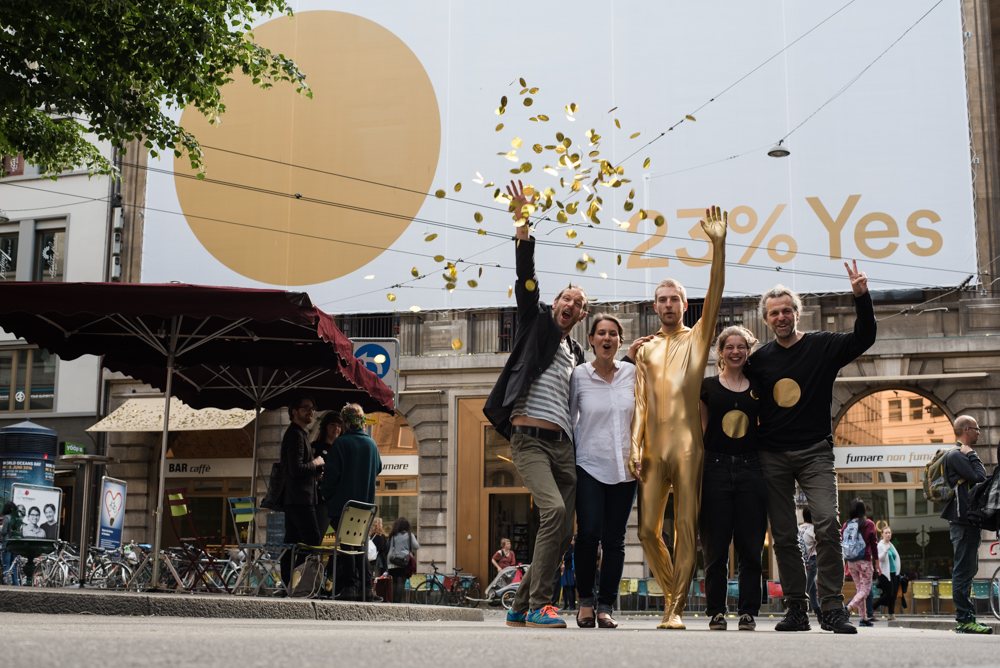Basic Income's third wave

Dieses äusserst lesenswerte Paper von Karl Widerquist (Englisch, Herbst 2016) rollt die Geschichte des Bedingungslosen Grundeinkommens von den Anfängen um 1910 bis heute auf. Er erklärt, warum die dritte Welle, die um 2010 herum begann, so erfolgreich gestartet ist und warnt vor den Gefahren, die die zwei ersten Wellen zum Erliegen gebracht haben.
Hier ein paar Schlüsselstellen:
-
If you wanted to put a date on the end of the second wave, it would be sometime in 1980. Politicians, such as Reagan in the United States and Margaret Thatcher in the United Kingdom, dramatically changed the dialogue. They successfully vilified every welfare recipient as a suspected cheater; in many countries, people stopped talking about how to expand or improve the welfare system and started talking about whether and how much to cut it.
-
Yet, as late as the 2000s, UBI was so far out of the political mainstream that the movement felt like a discussion group than a movement. They had to increase public awareness before they could get a critical mass of people interested in taking action.
-
Following the 2008 financial meltdown and during the subsequent Great Recession, a new climate of activism developed around the world including movements such as the Arab Spring, Occupy, the 99 percent, and Black Lives Matter. Public attention turned to poverty, unemployment, and inequality, and UBI supporters had a much better environment for activism.
-
To people who weren’t paying any special attention, the third wave probably became visible in 2015 or 2016.
-
Grassroots support for UBI and international media attention to it are larger than ever before, and the third wave is the first truly global movement for UBI.
-
Each wave rose when popular political attention was heavily focused on inequality, poverty, and unemployment.
-
The biggest danger to the third wave right now appears to be growing nationalism. If politicians can convince enough people that foreigners and immigrants are to blame for growing inequality, they can distract people from the need for better social policies.
-
The conditional welfare system is bad for the people judged eligible; but it is also bad for workers well up into the middle class. The more desperate we make the poor, the more dependent we make all workers on their employers. Dependent employees are less able to demand good wages and good working conditions.
-
Despite enormous productivity increases, most workers have received neither higher wages nor shorter working hours.